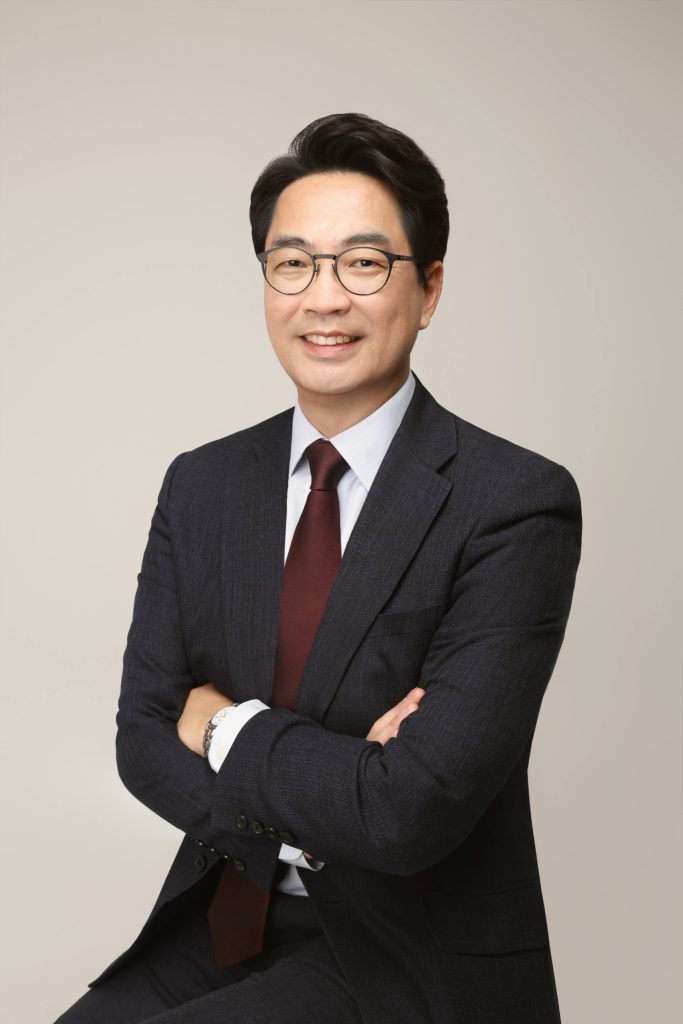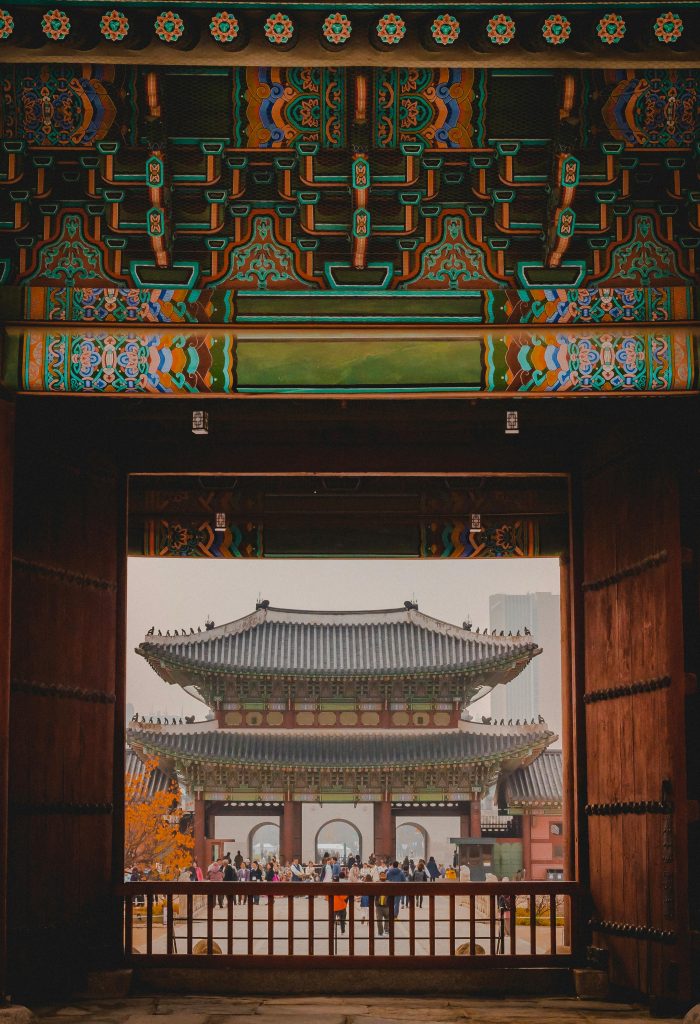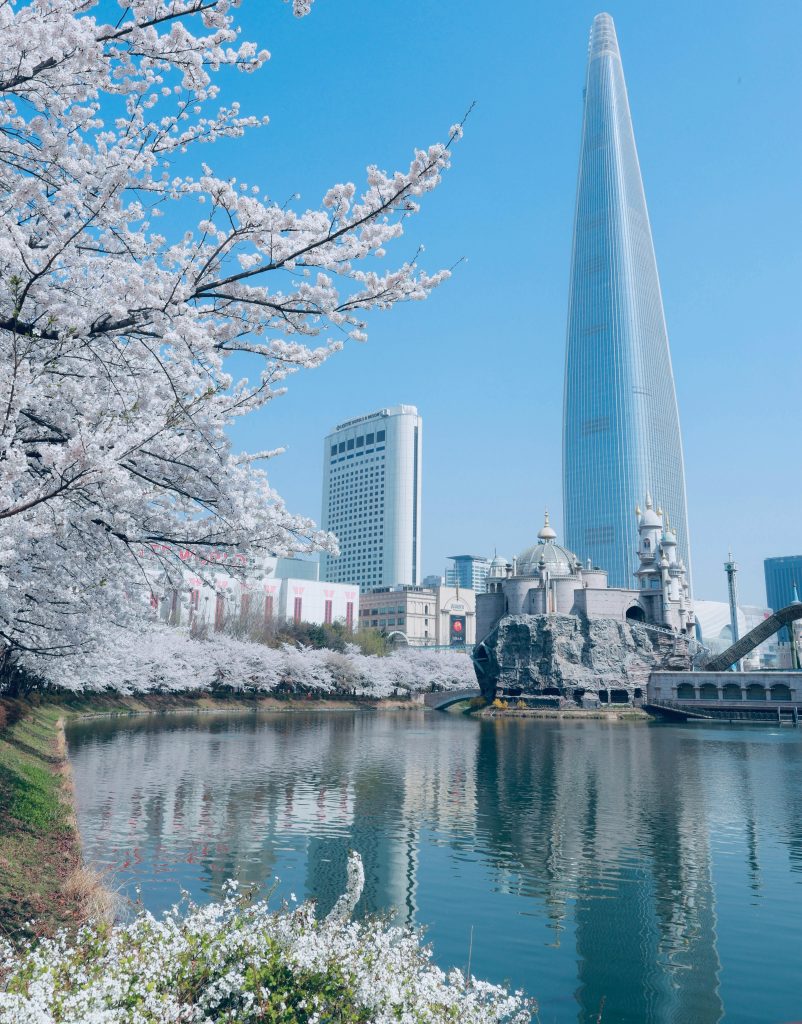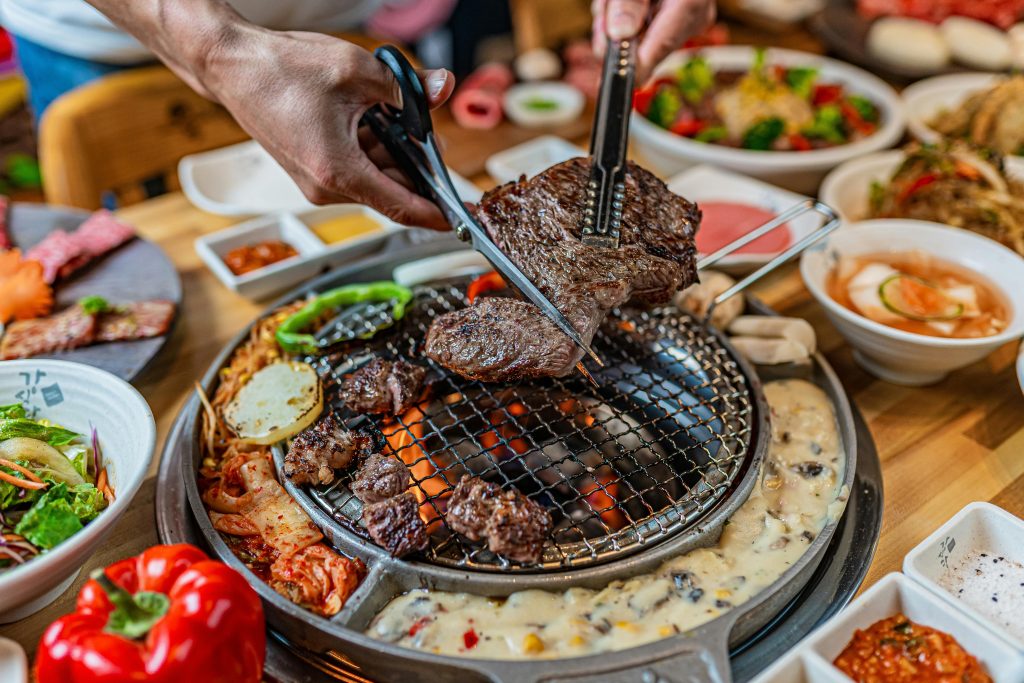There’s something inspiring about meeting people who connect cultures through passion, curiosity, and open dialogue. In our conversation with H.E. Mr. Lee Seungbuhm, Ambassador of the Republic of Korea to Croatia, we discovered not only a diplomat but also a true lover of music, travel and human connection. From his impressions of Croatia’s warm hospitality to his reflections on business opportunities between Korea and Croatia, Ambassador Lee invites us on a journey that bridges two countries with shared appreciation for beauty, creativity, and discovery.

Could you please share with us how you first became interested in diplomacy? What inspired you to pursue a career in this field?
To be honest, it wasn’t like I had some grand or deeply inspiring reason. I just wanted to see the world beyond Korea. Back in the 1980s, Korea wasn’t wealthy, and very few people could afford to fly overseas. I remember watching foreign correspondents on TV—they looked so cool to me as a kid. And I guess I was lucky because my father worked in the pharmaceutical industry, and even back then, he occasionally went abroad for business trips. I’ll never forget the bundles of gifts he brought home. The foreign toys and stationery he gave me really fueled my dream of going abroad someday.
You have been representing Republic of Korea in Croatia for some time now. How would you describe your overall impressions of Croatia, its people and its culture?
This is my first time working in Europe. I used to think Europeans, compared to Asians, tend to prioritize individuals over groups, and we Asians are more family oriented than Europeans. But after meeting people in Croatia—especially those I’ve gotten to know more casually and comfortably—I realized that’s not necessarily true. The Croats I met actually seem to value family even more than Koreans do. And to my surprise, Croatians are really warm-hearted and less calculating than I expected. Maybe my view will change as I meet more people here, but for now, it almost feels like I’m back in Korea. Sometimes, it even feels “more” Korean than Korea itself.

For people looking to visit Korea, what would you say is the best time to go? What are some must-visit destinations or experiences they should not miss?
Like any country, Korea is at its best in spring and fall. You can easily find online which places are a must-visit. But if I share my personal perspective from a slightly different angle, I’d highly recommend taking Seoul’s subway. Here’s why: First, it’s convenient and safe—it’ll take you anywhere across the city. You’ll be impressed by how clean and orderly it is. Second, riding the subway gives you a real glimpse into everyday Korean life. You’ll see office workers heading to work, students wornout from studying, and elderly people enjoying their leisure time—so many different kinds of people, all without pretense. Third, Seoul’s subway system is the backbone of a vast underground network of shops and public spaces, all at very reasonable prices. So hop on the subway and experience the bustling, dynamic pulse of Seoul for yourself.


Korea is known as one of the most technologically advanced countries in the world. How do innovation and smart digital solutions enhance the travel experience and could some of these ideas inspire Croatia’s tourism sector?
To be honest, I’m from an analog generation, so I don’t know much about digital tours. And I’m not sure there’s any country where the tourism industry is as advanced as in Croatia. If anything, I think Korea could actually take some inspiration from Croatia when it comes to developing its tourism industry.
We understand that music is an important part of your life. Could you tell us more about it and how it connects with your diplomatic work?
Yes, absolutely. Music has always been an important part of my life. My parents loved music. In particular, my father, who was born as one of thirteen children of a poor farmer and never had the chance to study music properly, had a deep passion for it. As he raised three sons, he made sure each of us learned an instrument. I started learning the violin when I was seven. Honestly, I didn’t want to learn at first, but I was pushed into it. As you may know, in Korea, everything is approached with a kind of intensity. My violin teacher was very strict,and eventually, I quit when I entered middle school. Instead, through a classmate’s recommendation, I started playing the acoustic guitar.
Looking back, I realize that the violin, which I learned under my parents’ insistence, became a lifelong asset that enriched my life. Especially as a diplomat, music is an incredibly valuable tool for diplomacy. During my early years as a junior diplomat in Indonesia, I was invited to join an Indonesian diplomatic band and had the opportunity to perform at the Jakarta Jazz Festival. It was a moment of true diplomatic engagement.
Whenever I’m posted abroad, the first thing I do is find the most beloved local musicians of the country. In Croatia, I became completely captivated by Oliver Dragojević. My favorite songs of his are “Sve bi da za nju” and “Tko sam ja da ti sudim”. Recently, I’ve also been deeply immersed in Gibonni’s “Činim pravu stvar” and Prljavo Kazalište’s “Mojoj majci”, and I’ve even been practicing them myself. I know that one day I will leave Croatia, but the music I have come to love here will stay with me for the rest of my life, constantly reminding me of this country.
Food often serves as a bridge between cultures. How do you see gastronomy contributing to cultural understanding between Korea and Croatia? And may we ask – have you discovered a favourite Croatian dish?
Although it’s not originally Croatian, I really love ćevapi. Six pieces of ćevapi with a Karlovačko beer—pure happiness. If I were younger, I think I would have enjoyed rakija pretty much. In Korea, people don’t usually drink alcohol before a meal, so the Croatian custom of having rakija beforehand felt refreshing. A little sip of apricot-flavored rakija on an empty stomach seems to have a magical power—it can turn even the most awkward strangers into friends in no time.
Recently, as Korean popular culture has gained global recognition, interest in Korean food has naturally increased as well. I’m just an ordinary diplomat, and I wouldn’t say I have exceptional diplomatic skills, but my shortcomings are perfectly compensated by my chef. When I invite Croatians to the residence and serve them Korean dishes, friendships are quickly formed.

What future activities or initiatives does the Korean Embassy in Zagreb have in store for promoting Korean culture, tourism and relations between Croatia and Korea? Are there any upcoming events or cultural programs?
Our plans for next year are currently being drafted and will be finalized once they receive approval from the Ministry of Foreign Affairs headquarters. So it’s difficult for me to say anything definitive at this moment. However, just like this year, we are planning a variety of programs showcasing Korean films, cuisine, and both contemporary and traditional music.
I believe that for the relationship between Korea and Croatia to continue developing, we need not only more tourism exchanges but also more active business cooperation. Croatia holds a strategically important position geographically, serving as a gateway to the EU market. I hope that outstanding Korean companies, particularly in the fields of energy, transport infrastructure, and defense industry, will invest in Croatia, contributing to the country’s economic growth and creating quality jobs for talented young Croatians. I am committed to doing my part as a bridge between Korea and Croatia to help make that happen.
Looking ahead to 2026, are there any upcoming changes in travel regulations, flight routes or bilateral agreements between Croatia and Republic of Korea that prospective travellers should be aware of?
Foreign visitors entering Korea are required to obtain a K-ETA (Korea Electronic Travel Authorization), but this requirement has been temporarily waived until the end of this year to the Croats. It has not yet been decided whether the exemption will be extended into next year, and an official announcement will be made once a decision is reached.
Meanwhile, the governments of Korea and Croatia are currently preparing to sign a Working Holiday Agreement to expand exchanges between young people of both countries. Once the agreement is concluded, it will allow young Koreans and Croatians to visit each other’s countries to work and travel at the same time, which we believe will further invigorate bilateral exchange. Lastly, as you may know, Seoul is the only Asian city with direct flights to Zagreb. Korea’s T’way Air currently operates three flights per week between April and October. I am very pleased that the Seoul–Zagreb direct route has become an important bridge for mutual tourism between our two countries.

Interview by Jasminka Đaković
Photos: Embassy of the Republic of Korea to Croatia, Putopis
Cover photo: Pixabay

